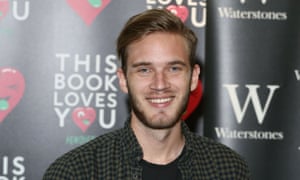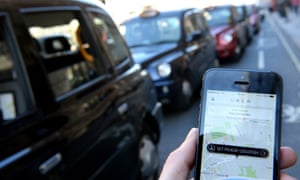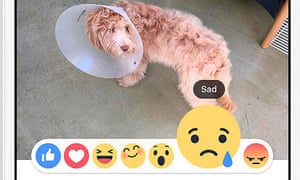Your tasks are as follows:
1) Read the article in full.
2) Create a blogpost on your MEST3 Exam Blog called 'Build The Wall analysis'.
3) Summarise each section in one sentence:
- Section 1 (To all of the bystanders reading this…)
This section explains how high quality news should be payed for and not be free.
- Section 2 (Truth is, a halting movement toward...)
With NDM high quality news has been in decline due to oversturation of the market. But online advertisements doesn't make enough due to adblocker
- Section 3 (Beyond Mr. Sulzberger and Ms. Weymouth…)
This section describes how the industry could have been making millions if they introduced pay walls sooner rather than later.
- Section 4 (For the industry, it is later than it should be…)
It talks about how it's not too late for newspapers to introduce pay subscriptions for their work.
4) Summarise David Simon’s overall argument in 250 words.
This article is all about David Simon talking about the effects that Paywalls will have on the newspaper industry and how one newspaper has used Paywalls will in comparison to another newspaper which hasn't used paywalls and decided to produce it content for free. The article mainly talks about the Times and the Washington Post and how they have different approaches when selling news and how it has effected the newspaper industry postive and negative respectively as well. The article also talks about Online subscriptions as well and how is it right to charge consumers for content that was previously sold for free and now is being sold for a set price every week / month. Another great part is when David talks about the key factors in making a good newspaper. And finally he wraps up by talking about the Times and the Washington Post and how their are three different scenarios that the Times and the Washington Post could lead.
The main point to take away from Dave Levy's response to David Simons post is that news is becoming more and more accessible with the birth and rise of social media. He goes on a days that with social media having a greater effect on how we consume media less and less people would ever commit to having a paid subscription to any newspaper website due to the ability to consume news for free from different outlets.
6) Finally, what is your own opinion? Do you agree that newspapers need to put online content behind a paywall in order for the journalism industry to survive? Would you be willing to pay for news online? Critical autonomy is the key skill in A2 Media - you need to be able form opinions on these issues.
I strongly disagree with having a paywall installed for newspapers to have on their websites. I say this because of the fact that people don't want to pay for anything in the 21st century. We live in a culture where we don't like paying for anything you can see with the recent scandal with the plastic bag being charged for 5p per bag and their was uproar crying out about how it's outrageous to change 5p per bag. This example highlights the problem with having paywalls and paid subscriptions as well because people refuse for pay for anything especially if it was free before as well. Also the biggest problem with having a paywall links back to Dave Levy problem highlights with social media highlighting that people will get their news from social media instead of getting them from newspapers with 52% of people in the UK having a Facebook page.




